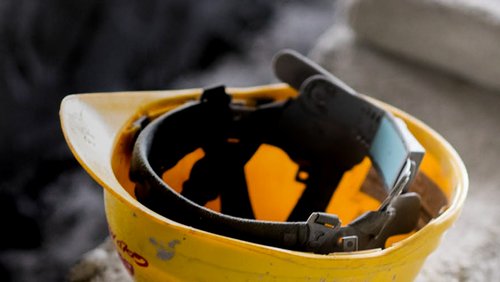12 Oct 2023
Engineering New Zealand Te Ao Rangahau has released a report today that says quality in structural engineering designs has, at times, been compromised due to insufficient checks in the building system.
Chief Executive Dr Richard Templer says, “New Zealand engineers do great work every day. However, this report shows our building system is not always catching significant quality issues before designs are built.”
He says issues are “systemic”.
“This is a concern to engineers because everyone wants confidence that buildings are robust and safe,” he says.
The report comes in response to a series of high-profile failures in structural design, some of which are used as case studies. It focuses on the role of engineers in assuring quality but, Templer says, “All players in the building system have a role in ensuring quality outcomes.” This includes firms, councils and Government, and Templer is “looking forward to talking with the next Government about its role assuring quality within the built environment.”
Templer says engineers have a duty to be competent and diligent in their work but, occasionally, “negligence, a lack of competence, or human error can lead to quality issues being introduced”.
Engineering New Zealand has already made changes to improve rigour in the profession, including strengthening its assessment and complaints processes within the Chartered Professional Engineer system and carrying out a desktop review of structural design for 20 warehouses across the country.
Templer says another challenge is the nature of a competitive industry. “There are pressures to keep costs down and it can mean quality assurance can be compromised,” he says. Templer would like to see things change.
“We know our engineers in the building system are deeply committed to understanding and learning from issues, and taking action to fix gaps and raise standards,” he says.
The report makes five recommendations: supporting councils in their role consenting engineering design work; working with the Association of Consulting and Engineering (ACE NZ) on its work to improve the robustness of quality assurance processes in New Zealand’s engineering firms; advocating for wider building system reform to provide a greater focus on quality; strengthening the technical and professional support provided to engineers; and strengthening the way engineers are regulated.
“I hope this report promotes a conversation and education about quality control in the building system,” says Templer.
Note to reporters
- Engineering New Zealand is New Zealand's professional body for engineers, with some 22,000 members. We represent – and regulate – our members. We also act as the Registration Authority for Chartered Professional Engineers.
- The Structural Engineering Society of New Zealand (SESOC) and Engineering New Zealand will hold a webinar for engineers about this report’s findings and how engineers can avoid making similar mistakes.
- Engineering New Zealand provides a ‘Lessons Learnt’ workshop series for its members, to improve engineering practice.
- Engineering New Zealand is strengthening its accreditation scheme for chartered professional engineers, including stronger assessment criteria and discipline-specific assessment for high-risk sub-disciplines such as structural engineering.
- For more information or to arrange an interview, contact Lachlan McKenzie on 021 479 885.




